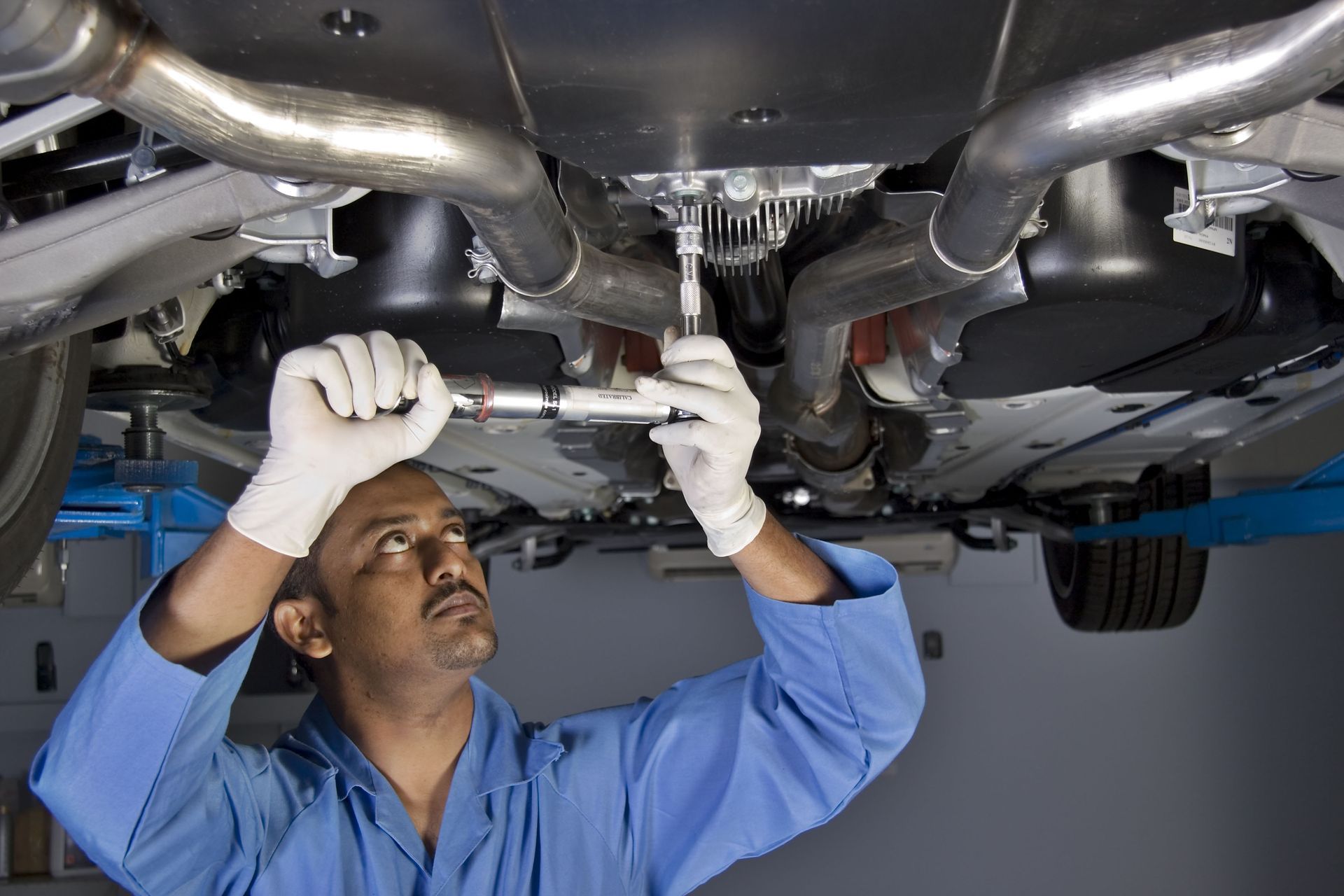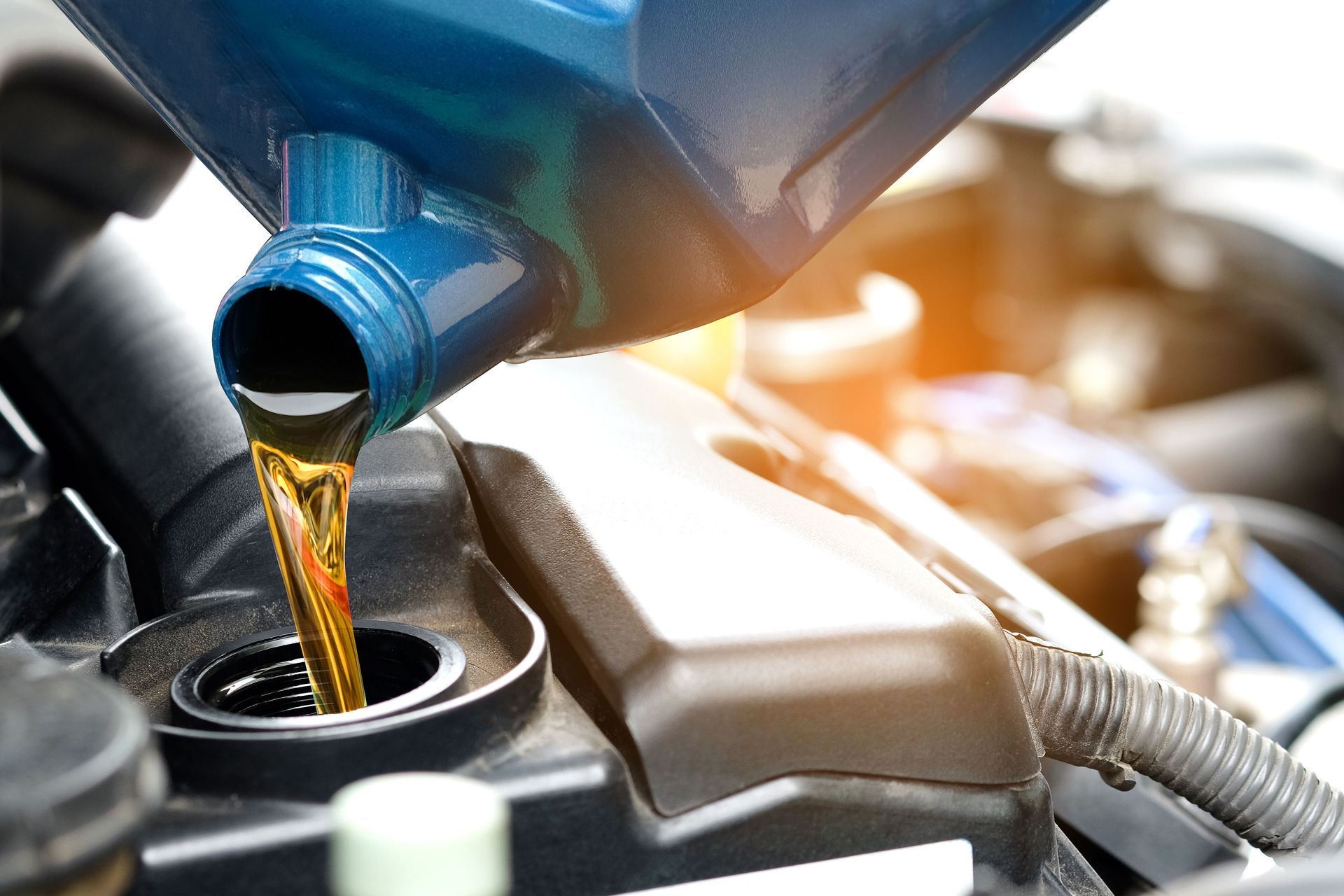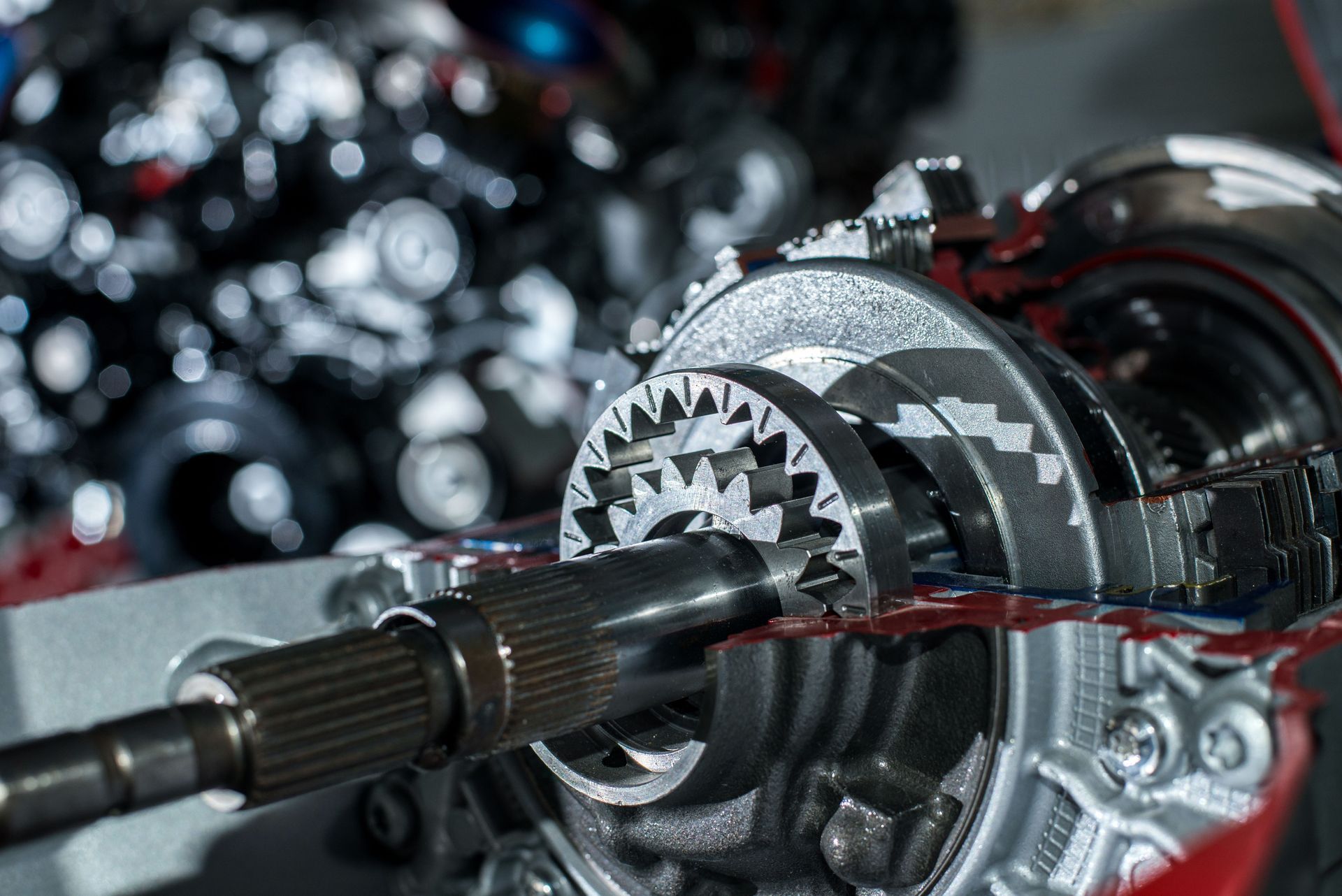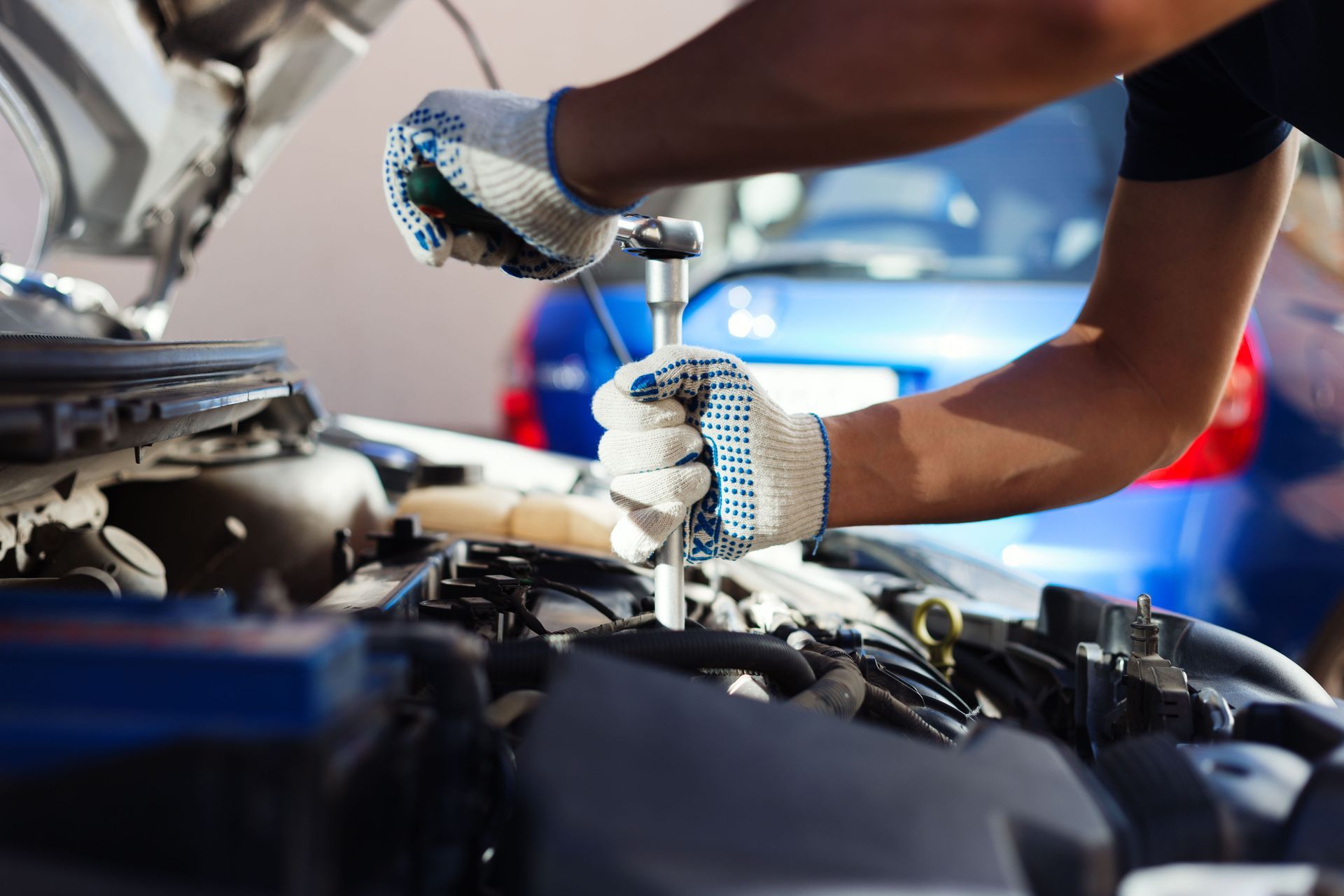6 Reasons Why Delaying Transmission Repairs Can Cost You
Transmission repairs are a crucial part of vehicle maintenance that can significantly influence the longevity and performance of your vehicle. Delaying these repairs can have serious consequences, such as extensive damage to your vehicle and increased long-term costs. Addressing transmission issues promptly can help maintain your vehicle's health, thereby saving you time and money in the long run.
Understanding the potential consequences of delaying transmission repairs can help vehicle owners take proactive measures. By doing so, you not only preserve your investment but also enhance your driving experience. Ignoring early warning signs can lead to more severe mechanical failures and significantly higher repair costs. Let us explore the primary reasons why immediate transmission repairs are advantageous.
1. Increased Repair Costs Over Time
Delay in addressing transmission problems often results in minor issues escalating into significant mechanical failures. When left unchecked, minor leaks or slips can evolve into complete transmission replacement costs, which can be extraordinary. Promptly identifying and repairing these issues can save you from extensive downtime and expensive repairs down the line.
Additionally, small transmission issues can cumulatively cause extensive damage. As the problem worsens, it affects other vehicle components, leading to a chain reaction of failures. Preventative repairs are typically more cost-effective than addressing these larger damage sets. This domino effect can impact the drivetrain, cooling systems, and even the engine itself, compounding the overall repair bill. By tackling transmission issues early, you minimize the risk of these broader failures and keep your vehicle running smoothly.
Labor costs also surge when repairs are postponed. Mechanics must spend more time diagnosing and fixing complex problems that could have been simpler if detected early. The parts required might also become scarce or more expensive over time, particularly for older models. Inflation amplifies these costs, stressing the importance of immediate repairs. Delaying service can also result in extended downtime, leaving you without reliable transportation for an extended period.
2. Decreased Fuel Efficiency
Neglected transmission issues severely affect your vehicle's fuel efficiency. A slipping transmission can mislead your engine, causing it to overwork and burn more fuel than necessary. This inefficiency results in more frequent trips to the gas station, increasing your overall driving costs. Over time, this added strain can contribute to premature engine wear and reduced overall vehicle performance. Addressing transmission problems promptly not only improves fuel economy but also helps preserve the longevity of your engine and related systems.
The strain on engine performance from a faulty transmission cannot be overstated. When your engine has to work harder to compensate for transmission problems, it inevitably leads to faster wear and tear. Regular maintenance reduces these inefficiencies and extends the lifespan of your engine. This added strain not only shortens the engine's life but can also cause overheating and damage to vital components.
Fuel savings can accumulate significantly over time when transmission repairs are handled promptly and maintenance is kept up to date. A vehicle with a properly functioning transmission operates more efficiently, resulting in improved fuel economy and reduced strain on the engine. In contrast, cars with neglected transmission issues tend to consume more fuel and perform less reliably. As a result, owners who delay transmission repairs often face higher overall operating costs.
3. Shortened Vehicle Lifespan
An unchecked transmission problem accelerates wear on vehicle components, reducing overall lifespan. Transmission issues tend to exacerbate over time, affecting other interrelated systems within the vehicle. The cumulative stress and damage lead to more frequent part replacements, ultimately resulting in a shorter vehicle life. Left unresolved, these issues can compromise the vehicle's structural integrity and lead to complete system breakdowns.
This condition extends beyond the transmission to affect other mechanical systems such as the drivetrain, axles, and suspension. These related systems can suffer irreparable damage when the transmission is not functioning correctly, resulting in a cascade of expensive repairs and replacements. If you have an automatic transmission, the problem becomes more complex. According to GlobeNewswire, the global automotive automatic transmission market is expected to grow at a compound annual growth rate (CAGR) of 3.6% between 2024 and 2034, highlighting the importance of maintaining this key component of your car.
A vehicle in poor condition depreciates faster, losing more value in the resale and trade-in markets. As such, regular inspections and timely transmission repairs help maintain vehicle conditions and sustain higher resale values. Frequent replacements due to neglect can be avoided by investing in regular maintenance checks and addressing transmission issues promptly.
4. Increased Risk of Total Transmission Failure
Ignoring early signs like unusual noises or gear slippages can lead to total breakdowns. These warning signals often precede severe problems that could easily be mitigated with early intervention. The risk of total transmission failure increases without timely repairs, leading to larger and more disruptive issues down the line.
Early detection of problems is essential in mitigating risks. Regular check-ups allow mechanics to catch faults before they become major setbacks. This preventive care reduces safety hazards, such as stalling in busy traffic, and lessens the chances of being stranded unexpectedly. It also helps avoid last-minute emergencies that can disrupt daily routines and lead to costly towing or urgent repairs.
Moreover, emergency repairs and towing costs augment the frustrations of sudden vehicle downtime. Last-minute servicing to restore vehicle functionality is usually more expensive than planned maintenance. Proactive transmission care helps avoid these unpredictable expenses and the associated stress.
5. Reduced Resale and Trade-In Value
Maintenance records serve as proof of a vehicle's condition, heavily influencing resale value. A history suggesting neglected maintenance can deter potential buyers, often leading to failed inspections during pre-purchase evaluations. These factors contribute to a diminished market perception of reliability, resulting in lower resale and trade-in offers.
Buyers are increasingly wary of vehicles with transmission issues, rightly so, because of the costs involved in potential repairs. An unfavorable maintenance history raises red flags for buyers and dealers, prompting lower offers and tough negotiations. On the other hand, comprehensive service records enhance trust and boost a vehicle's market value.
When competing against well-maintained vehicles, those with unchecked transmission problems are at a marked disadvantage. Ultimately, taking proactive measures to ensure a functioning transmission offers leverage in resale scenarios. Regular maintenance fosters a reliable market perception, which is instrumental in obtaining favorable resale terms.
6. Affected Insurance and Warranty Claims
Delaying repairs can negatively impact both insurance and warranty claims. Insurers may deny claims if neglect is evident, as maintenance neglect often violates the terms of insurance policies. Denying these claims could result in paying out-of-pocket for repair costs that would otherwise have been covered.
Warranties, too, might be voided if regular maintenance as stipulated in the terms is not adhered to. Documenting thorough repairs not only strengthens claim positions but also increases the likelihood that the warranty will be honored. Implementing proactive maintenance strategies can help mitigate these financial risks and ensure vehicle reliability.
Maintaining your vehicle's transmission is a critical component of preserving its overall value and reliability. Proactive repairs safeguard against diminished performance and costly mechanical failures. Vehicle owners are encouraged to prioritize these maintenance strategies to ensure their vehicles' enduring functionality and maintain their market value.
Ultimately, the proactive approach toward maintenance presents valuable opportunities for savings and safety. Consistently managing transmission conditions protects your investment and enhances the overall driving experience. Remember, the cost of a transmission replacement is far steeper than the price of routine upkeep, making early action an unequivocal necessity. Contact TransMatics Transmissions to take that early action and perform any necessary transmission repairs.





Share On: